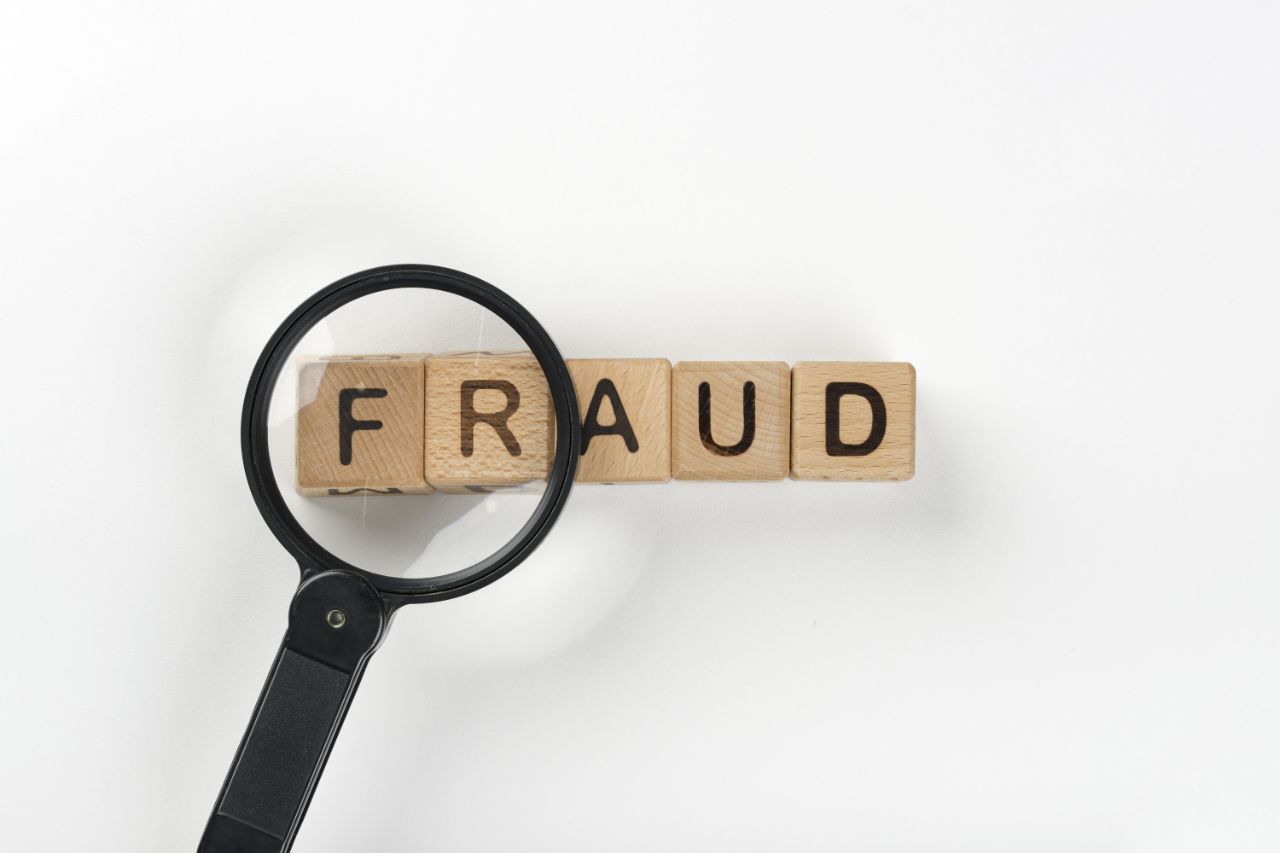Anti-fraud groups emphasize the use of professional skepticism

Anti-fraud groups emphasize the use of professional skepticism
A group of organizations, including the Audit Quality Center, the International Association of Financial Directors, the National Corporate Governance Association and the National Corporate Governance Association and the Association of Internal Auditors, have jointly published a new report on the importance of applying professional skepticism by auditors and financial professionals. published
In this report, under the title of professional doubt in practice, the importance of critical evaluation of potential fraud risks and awareness of some biases that can expose organizations to committing crimes are discussed.
One of the most effective ways to protect against fraud is to exercise professional skepticism on behalf of interest groups regarding financial reporting.
Many who are involved in financial reporting believe that when it comes to preventing and detecting fraud in financial statements.
Their organizations look at issues more from the point of view of trust than professional skepticism.
In this report, organizations are advised to exercise professional skepticism in order to enjoy financial health.
Richard Chambers, President and CEO of the Association of Internal Auditors, acknowledged in his recent statement.
Most of the time, we view the activities of others from the perspective of our own experiences and biases.
As a result, we may not consider the potential of these biases to reduce our ability to fully review those activities and identify potential problems.
This is where professional skepticism comes into play and allows us to avoid turning a blind eye to facts, to not accept some actions easily.
Importantly, professional skepticism helps us root out fraud.
According to the report, applying the right level of professional skepticism takes time and training, and striking the right balance is critical.
In this article, some methods are proposed to lead organizations to create a better balance between trust and professional skepticism.
The head of the International Association of Financial Directors said in this regard, this report emphasizes the importance of all members of the supply chain of financial reporting, not only the bias and unwanted biases that may exist.
be aware but also recognize the potential impact of these biases on the ability to exercise professional skepticism.
New technologies, such as unconscious biases, can pose threats to the exercise of professional skepticism that are easily overlooked.
The fact that emerging technologies are greeted with great enthusiasm reinforces the importance of exercising professional skepticism in considering what information is presented or withheld.
An important part of professional skepticism is asking difficult questions.
Especially in crises where many efforts may have been made to show successes that do not exist externally.
Peter Gleason, director of the National Corporate Governance Association, also said in a statement.
To come out of a crisis with pride, it is important to focus on the good and bad outcomes.
When we encounter surprising results.
Leaders must ask how an individual or a business unit achieved such extraordinary results.
The important advice given in this report is to check nothing.
The report recommends following two main steps to prevent and detect fraudulent activities.
Recognize the limitations of your objectivity and don’t jump to conclusions.
Auditors and financial professionals should look for any additional, and possibly conflicting, information.
They need to look beyond the obvious or even what they are told.
They should not hesitate to seek more information to confirm and reconfirm their initial findings.
Detection and prevention is mandatory for all participants in the reporting system, especially the management of public companies, who have the main responsibility and the implementation of appropriate controls to prevent and detect fraud, as well as the audit committee, internal audit and independent auditors.









